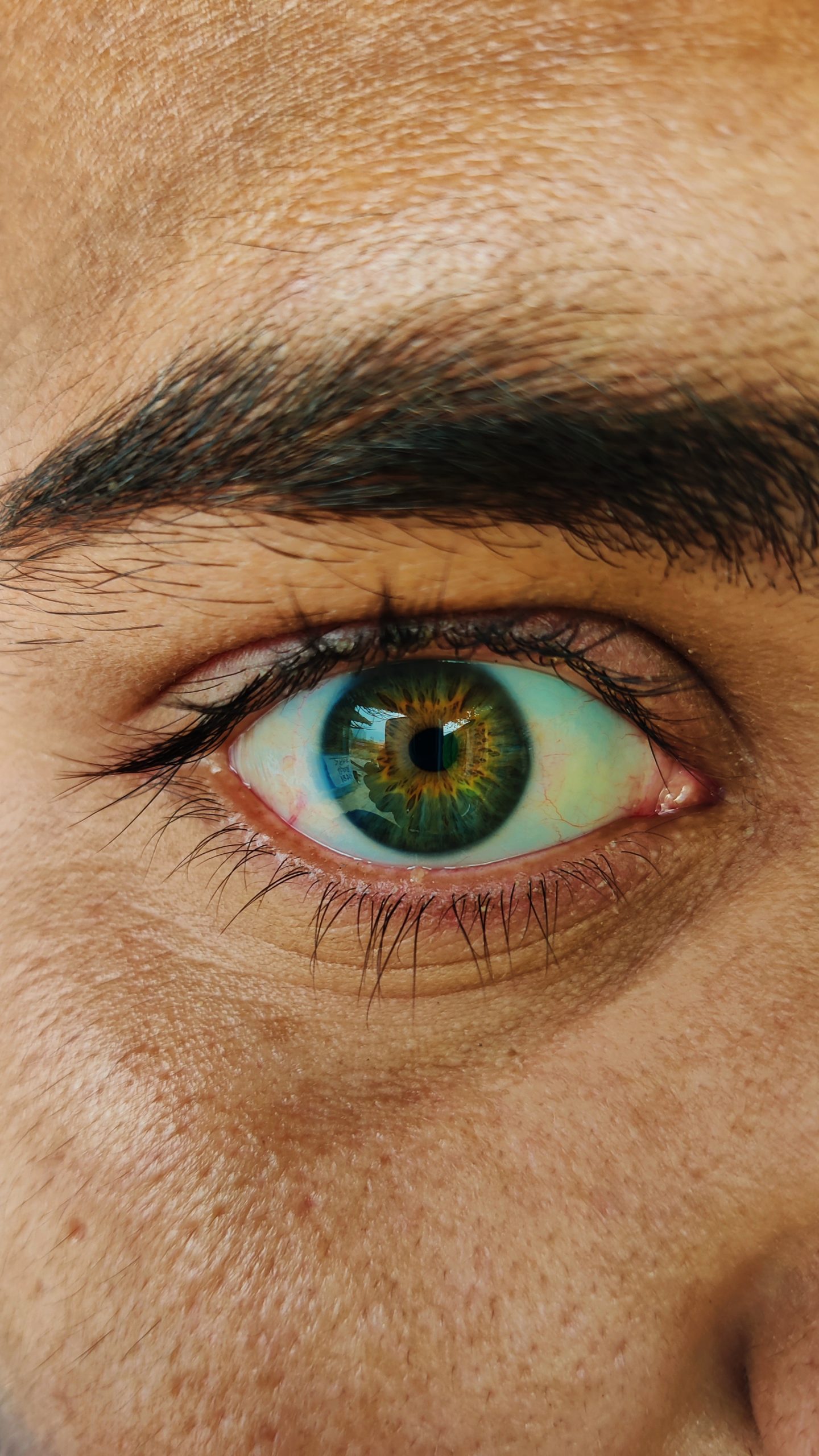I’ve written before about true crime mania on social media. What we have currently unfolding is a case study showing the potentially devastating effects of social media on someone who was both victim and perpetrator in a very famous true crime case. Gypsy Rose Blanchard-Anderson was released from prison last month, having been sentenced to 10 years in 2016 for her role in the murder of her mother. This event followed a lifetime of abuse Gypsy suffered at her mother’s hands. This detail painted Gypsy in a very sympathetic light, and the public have since rallied around her. Now permitted a social media presence, and with a massive following of true crime fans, will the positive opinion of the masses remain? Or will it quickly turn negative, as so often happens with public figures on social media?
If you haven’t heard of Gypsy Rose, here’s a brief rundown of her case:
In June 2015, Gypsy Rose Blanchard and Nicholas Godejohn conspired to murder Clauddine “Dee Dee” Blanchard, Gypsy’s mother, with Godejohn carrying it out. Several days later, when the body was found, the pair were tracked down and arrested. However, the part of this story that has people so interested is what came before the murder. What was Gypsy’s motive?
It is suspected that Dee Dee had Factitious disorder imposed on another, or FDIA (previously known as Munchausen syndrome by proxy). From a young age, Dee Dee convinced everyone around her that Gypsy had a slew of serious diseases. These included a chromosomal disorder, muscular dystrophy, leukemia and brain damage. She forced her perfectly healthy daughter to behave as if she were ill, even convincing her that she was: keeping her wheelchair bound, shaving her head, pulling out her teeth and underfeeding her to create the illusion. She was sent to endless doctors and specialists and suffered numerous unnecessary and invasive procedures. As a result, they received social benefits, charitable donations and the public’s sympathy. Gypsy was in hell, and needed to escape.
Obviously with an unusual case like this, true crime fans were all over it.
When the details of the motive behind the murder were revealed to the public, sympathy for Dee Dee quickly shifted to Gypsy. In addition, the unique aspects of the case intrigued people. It’s been discussed in countless podcasts, YouTube videos, TikToks; as well as various TV shows and documentaries. People have followed the case avidly, and told and retold the story over and over. It’s unlikely that you haven’t heard Gypsy’s name if you are in any way interested in the realm of true crime. So, naturally, excitement began to build as it was announced last September that Gypsy had been granted parole and would be released shortly.
To her “fans'” excitement, she began to create a social media presence, even before being released from prison.
The most popular being a TikTok account with 10 million followers and an Instagram set up last August and verified in October ahead of her release. She also has X (previously Twitter) and Snapchat accounts. People are loving it. True crime fans don’t often have the opportunity to hear so directly from victims and/or perpetrators of criminal cases. But here is a young, attractive and adored true crime star, willing to show off her post-prison life to the world. The fans have expectations though. They want her to be the perfect, innocent victim. They want to see her live life to the fullest (on their terms).
Being on social media is challenging to mental health at the best of times. But this is someone with minimal social media experience who has walked out of a decade incarcerated into the pre-formed career of a massive influencer. Not only that, but as a victim of unimaginable abuse, she is incredibly vulnerable with likely fragile mental health. She herself has described her newfound social media fame as “overwhelming”: ““I feel like I’m a new baby bird on the internet”.
Many people (correctly) predicted that tidal wave of support for her on social media would turn sour.
To be a successful social media influencer you need to present yourself carefully. You need to seem “authentic” and relatable. You need to be flawed, but be trustworthy and behave flawlessly. It takes an awful lot of experience, which Gypsy has already shown to be lacking. Some individuals on social media were already predicting a month ago that once the “slay queen!xx❤️” vibes had worn off, Gypsy would quickly end up being cancelled for any minute misdemeanor. And the attacks are already pouring in. Criticisms about her husband, her family, her appearance, her ‘authenticity’; anything people can grab on to, they do.
In a video posted a few days ago, Gypsy describes how she wants to use her social media platforms. She aims to spread awareness of the disorder that caused her mother to behave the way she did. By outlining the signs and symptoms to look out for, she hopes to stop cases like hers from happening. It’s a truly noble cause, and a valuable way to use the platform she has inadvertently ended up with. The question is whether her audience are going to allow her to do that. Once the novelty wears off, will they keep watching? Will she be taken down by people who dislike the life she re-builds for herself? There may come a day soon where the hate outweighs the love.
We’ve created a world in which the most vulnerable in our society are torn to shreds on social media.
The problem is, those exhibiting signs of trauma, having mental health crises or telling stories of horrors they’ve had to face are fantastic fodder for social media algorithms. Users love the drama. They want all the details. It’s rubbernecking through a phone screen. These extremely vulnerable people are broadcast to millions and left to suffer the results. I know it’s hard to pull our eyes away but we must. The more we watch, the more we encourage this 21st Century form of bear bating. We don’t use social media to socialise anymore, it’s mostly entertainment. But is this how we want to entertain ourselves? Through the suffering of others? LifeBonder exists to combat the negative effects of social media, and this case shows that it’s needed now more than ever.



